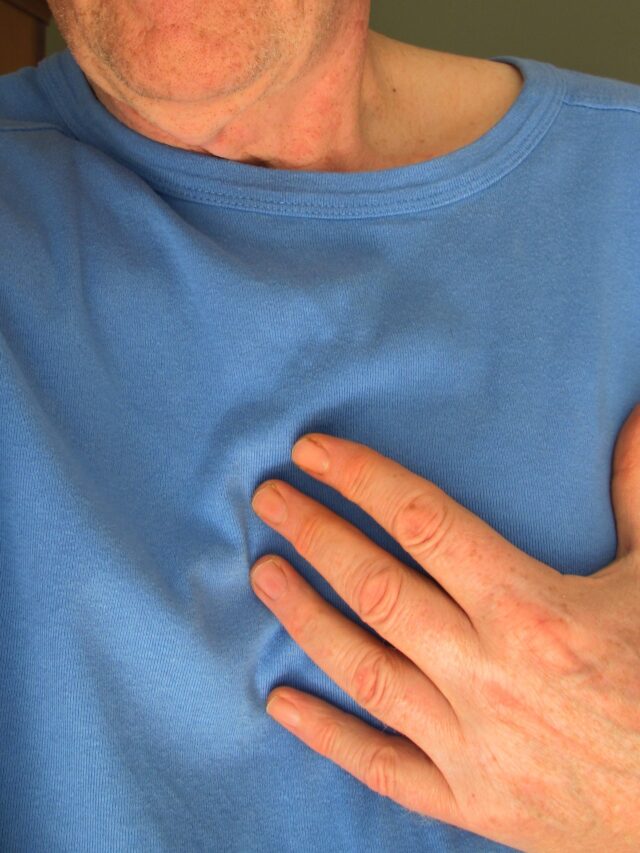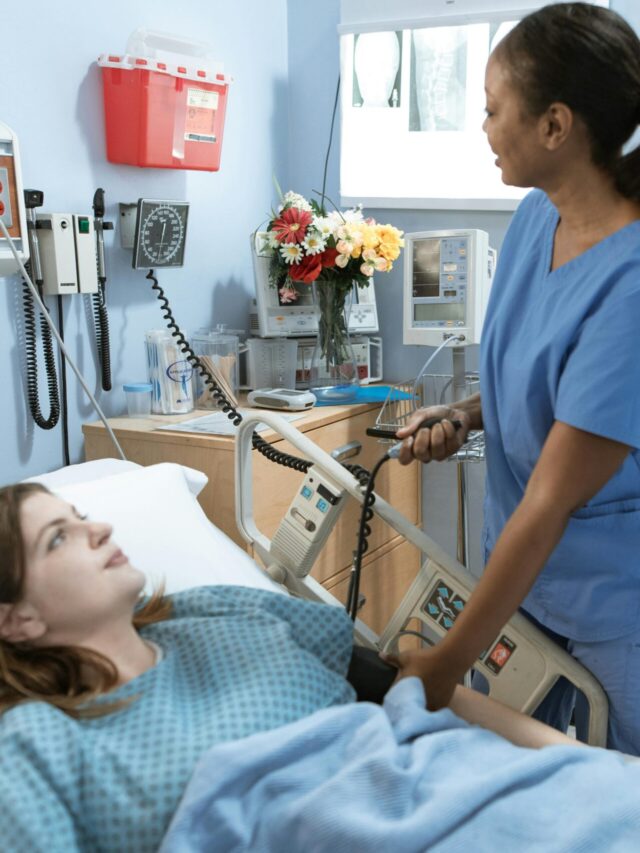AGED PEOPLE ROUTINE HEALTH CHECK-UP :
When we are young our body is at less risk of getting affected by any serious diseases or our body can fight against infection due to strong immunity. But with the increase in age, our immunity starts getting weak which makes us more susceptible to infection and many other organs also don’t function like before which increases the risk of various diseases.
So the most common assumption will be that with the increase in age, we will get seriously sick but with advancements in the medical world now it’s possible to take better care of health and also prevent certain serious diseases.
In this blog, we will discuss how to find early signs of common diseases in geriatric people and what types of investigation are available that can be used by doctors to diagnose patients properly and treat them adequately.
It is very important for aged people who are over fifty years old to get their health check-up done at least once a year if they don’t have any serious or life-threatening conditions or symptoms that point towards serious disease.
Some of the symptoms that aged people can tell the doctor or the doctor can ask during a routine visit by the patient are:
Any complaints of Giddiness or weakness, dizziness or spinning of the head, dryness of mouth, double vision, difficulty in vision, difficulty in hearing, swelling of areas around eyes or whole face, frequent coughing not getting better by medication, coughing with blood, getting breathless while walking, or even while sitting, not able to complete the sentence fully due to breathlessness, pain in the chest or arm or shoulder, headache, loss of appetite, loss of weight, excess weight gain even when eating less, constipation or unexplained diarrhea, bleeding while defecation, frequent urination or burning urination, not able to pass urine or painful urination, swelling of feet, wounds not getting healed quickly.
The above-mentioned symptoms can be due to any simple and easily treatable condition or can be due to a more serious disease that requires urgent medical intervention to prevent the disease from getting any worse.
Finding the cause of symptoms requires a doctor to take a proper history from the patient and then do relevant blood and imaging investigations to reach the diagnosis for the disease and treat the patient accordingly.
Some of the investigations that are done on a routine basis for aged people to keep a check on their health condition are as follows:
1) Blood hemoglobin – It’s important to check it as old people are more likely to get anemic. Blood pictures should be checked properly to find the type of anemia such as iron deficiency anemia, Vitamin B deficiency, or infectious disease. A person who is alcoholic or suffering from gastrointestinal bleeding can also present as anemic.
2) serum bilirubin level – Both conjugated and unconjugated bilirubin should be checked to find the condition of the liver.
3) serum urea and creatinine – This is done to check the function of the kidney. The raised value of these can point towards renal disease because of which the kidney is not able to excrete the waste products properly.
4) serum uric acid – used to check if any person with constant joint pain is suffering from arthritis or if the pain is due to any other condition.
5 ) Blood sugar level – It is checked by measuring fasting blood sugar ( empty stomach) and postprandial which is done after having food. This test helps to determine if the person is suffering from diabetes.
6) Lipid test – With the increase in age, it is possible that the person’s cholesterol level can increase which can be the starting of cardiovascular disease. So it’s important to keep checking the cholesterol level and if it is increased then the doctor prescribes medicine to prevent any damage to the heart and blood vessels.
7) Thyroid test – It includes T3, T4, and Tsh ( Thyroid-stimulating hormone). Sometimes hypothyroidism or hyperthyroidism can present with various types of symptoms and if the patient is not diagnosed properly then it can lead to worsening of the condition.
8) PSA test – Prostate-specific antigen test is done in male elderly patients to rule out any cancerous condition of the prostate.
9) D-dimer – This test is done to rule out if any blood clots are developing in the body.
10) Urine test – It can be helpful to detect blood, protein, glucose, or pus cells in urine that can point toward disease affecting the patient.
These are some of the blood and urine investigations that are generally done for old people to determine the health status of the individual. Apart from this, other blood tests are also there which are done for other specific diseases by the doctor according to the need and patient condition.
After blood and urine test many other investigations are also done which include:
1) ECG – Electrocardiography or ECG is a test that helps to find out the functioning of the heart and is an important test to be done in aged people to rule out any cardiac problem like myocardial ischemia, myocardial infarction, conduction problem in the heart, and other cardiac diseases.
2) Echocarodiography – If ECG shows any abnormalities then echocarodiography is done by a cardiologist to do further investigation for making a diagnosis of the disease.
3) X-ray – chest x-ray is done to check the lungs and also heart size and shape. Abdominal and kidney, ureter, and bladder X-rays can be done too depending on the symptoms with which the patient presents with. Joint X-rays of knee and hip joints are specially done in old age people to check if osteoarthritis is developing in the joints.
4) Ultrasound – Abdominal ultrasound is done to check for any pathology in the liver, gall bladder, kidney, or uterus in the case of females. Carotid ultrasound can also be done if cardiac problems point towards it.
5) Bone density test– It is done in old aged people to check if osteoporosis is developing.
6) CT SCAN AND MRI are done according to the patient’s provisional diagnosis and if the doctor feels the need for the scan.
TAKE HOME MESSAGE-
Aging is a part of life and we can’t stop it but with regular health check-ups and medical guidance we can prevent many diseases from occurring and if already suffering from the disease then they can be kept under control with medication and a good healthy lifestyle.






